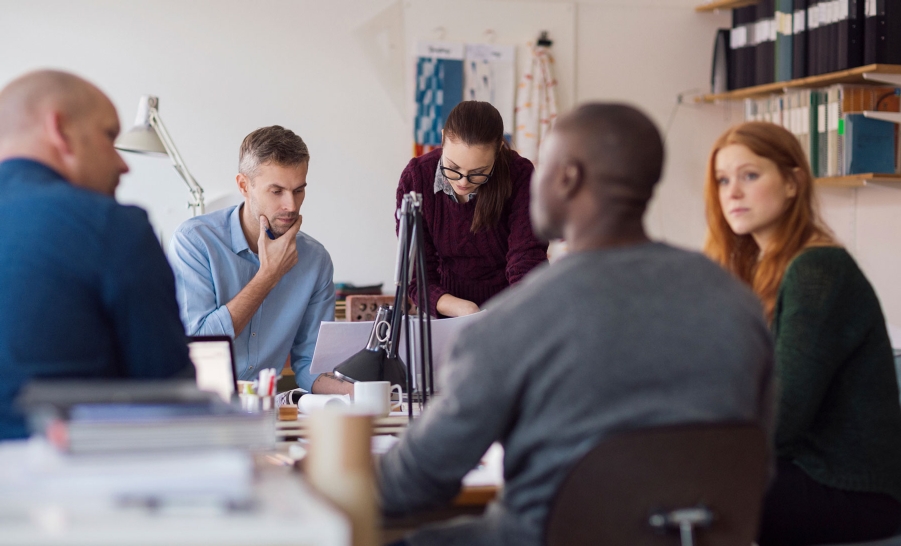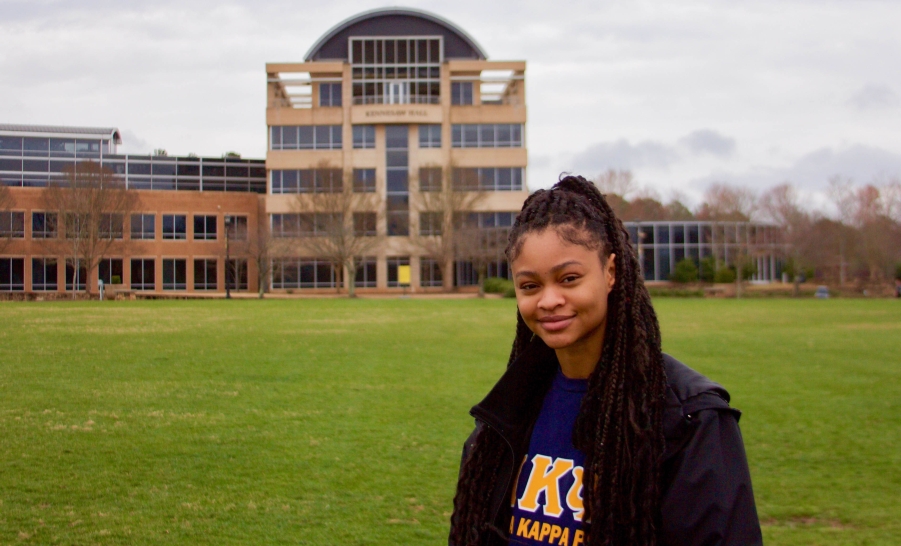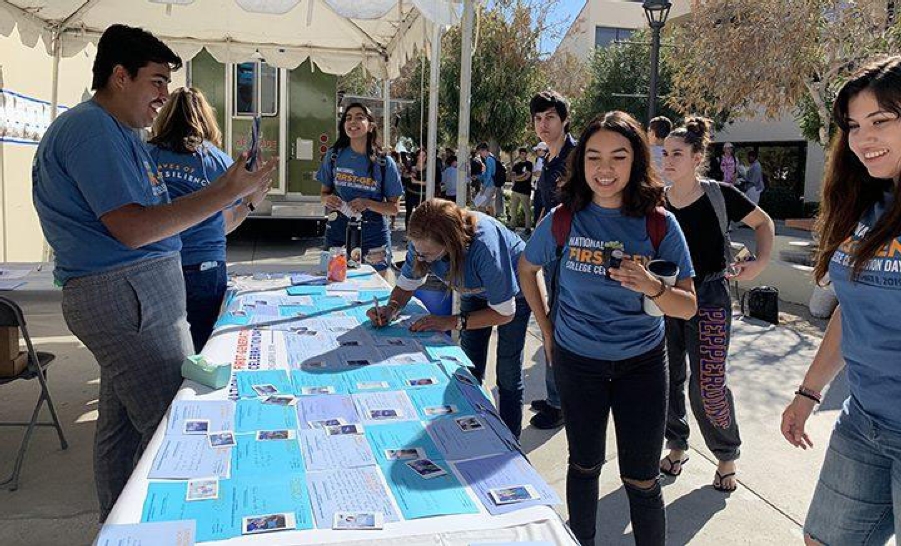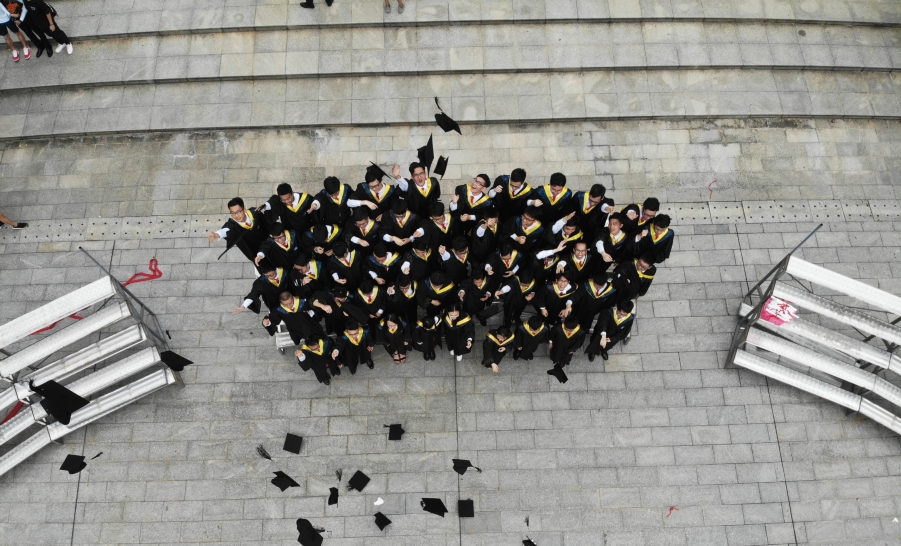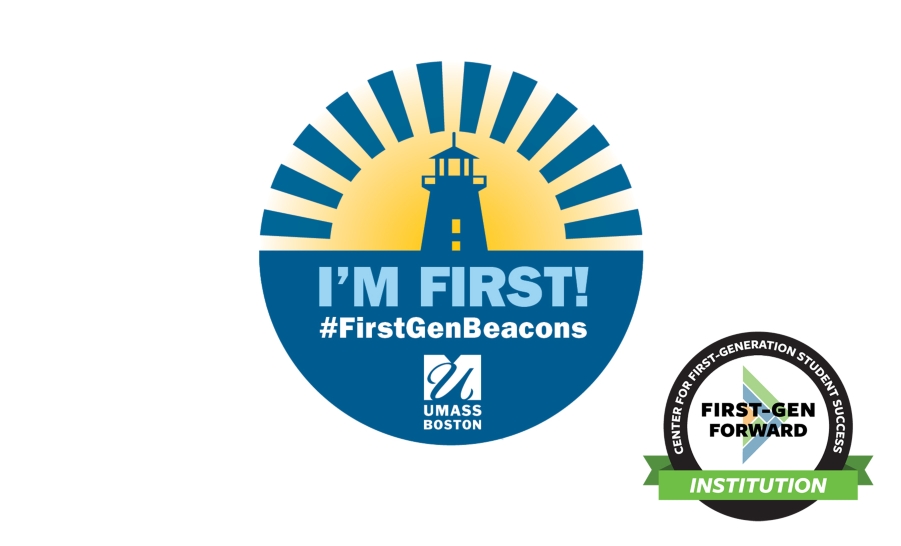Capturing the Essence of Mentorship from First-generation Faculty and Staff
Wilma Crespo, Adam Ortiz, and Sasha Smith, University of Massachusetts Amherst / FirstGen Forward / December 15, 2021
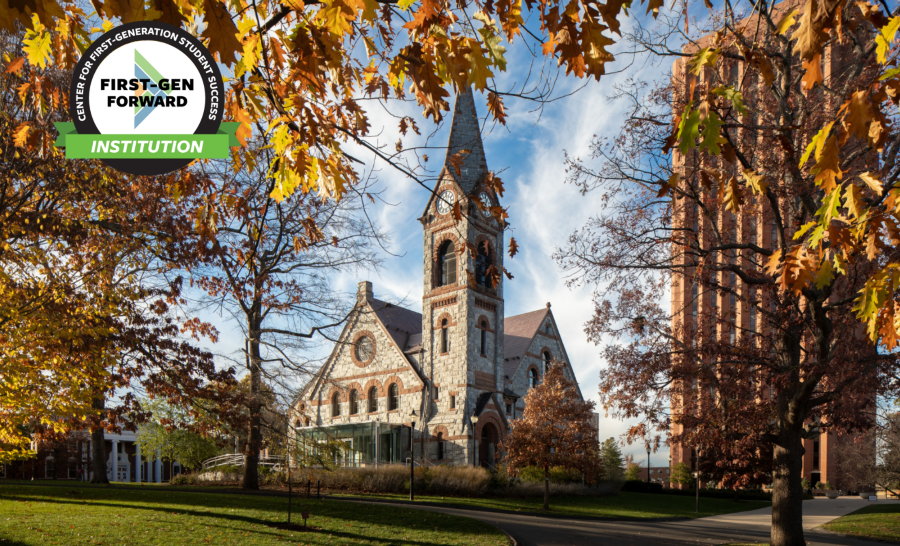
In October 2021, UMass Amherst launched a First-generation Students and Alumni group on the online platform, Connect UMass. Connect UMass is a networking tool powered by PeopleGrove, which our community adopted in spring of 2020.
Our primary goal in launching the First-generation Students and Alumni group was to create a space where first-gen students can connect with and meet staff, faculty, and alumni mentors to build their network. We post bi-weekly conversation prompts, resources, and thought-provoking articles, and have so far gained about 150 members.
During spring of 2022, we decided to ask some of our colleagues to share their thoughts and experiences about mentorship via interviews on YouTube. We asked them the following questions:
1. What does the concept of mentorship mean to you, and why is it important to seek out, especially for first-generation college students?
2. What role has mentorship played in your life?
3. When is the best time to start seeking mentorship, and what’s your number one piece of advice for those just starting out?
We posted these videos in our First-generation Students and Alumni group with the hopes that they would resonate with student members. We also sent them out in a first-generation student newsletter which is disseminated twice per semester. We were thrilled with the amount of positive feedback we received from these videos and decided to produce them monthly.
For us, this series feels impactful and important for the following reasons:
- They demystify and offer practical guidance on mentorship for first-generation students.
- They offer first-generation staff and faculty a tangible way to support students on campus.
- They help normalize first-generation identity in our community.
They identify first-generation staff and faculty for students who may seek support.
- They help students understand the process of navigating an academic and professional trajectory.
In addition to positive student feedback, we’ve heard from faculty and staff themselves that they appreciated the opportunity to reflect on their journeys and the role mentorship has played along the way. Reflecting on our paths can help us better understand and articulate what steps shaped who we are today.
You can see our current list of interviews here (search on YouTube):
- On Mentorship: Dr. Felicia Griffin-Fennell
- On Mentorship: Dr. Wilmore Webley
- On Mentorship: Dr. Brandi Hephner Labanc
- On Mentorship: Bernadette Stark, Esq.
If you’re considering creating a mentorship video series, we recommend the following:
- Keep it simple. We decided on three questions that would yield clear, helpful answers. This also kept the recording short so a student may listen to it in their time between classes.
- Be consistent. We have stayed with our three questions in an effort to be consistent with the general tone, content, and length of our series.
- Make it easy. When someone volunteers their insights, we make it as easy for them as possible, sending them questions in advance and making sure that all they have to do is show up and share.
- Sort out tech in advance. We record our conversations via Zoom. Knowing in advance how to save recordings and transcripts is helpful.
- Ask a variety of staff and faculty. The broader our pool of staff and faculty, the more students we’re likely to impact.
We’re excited to see how this initiative continues to evolve and we’d love to see other schools develop similar ways of helping first-generation students better understand the role of mentorship in student success. For those students who are among the first in their families to navigate higher education, learning about the nuances of mentorship and how to find it isn't just practical, it's potentially story-changing. Further, learning about mentorship directly from members of the community helps students to understand just how many of us are out there, which is hugely important in normalizing, supporting, and celebrating the first-gen experience.
